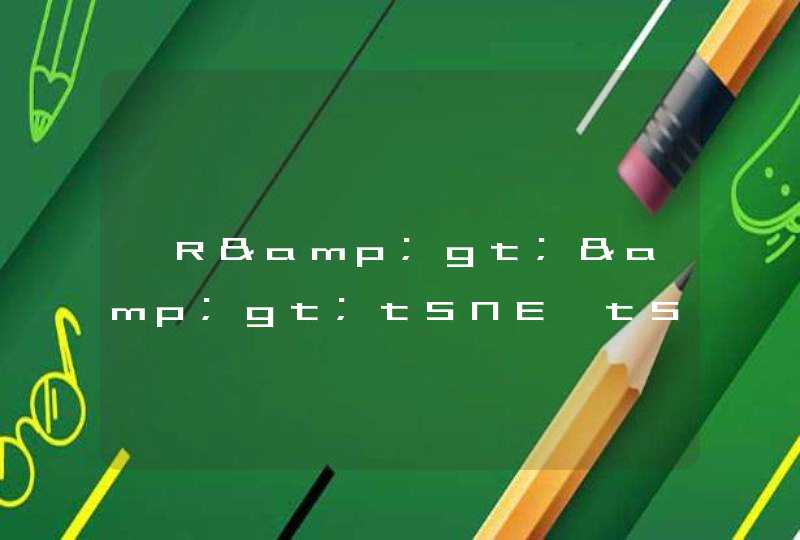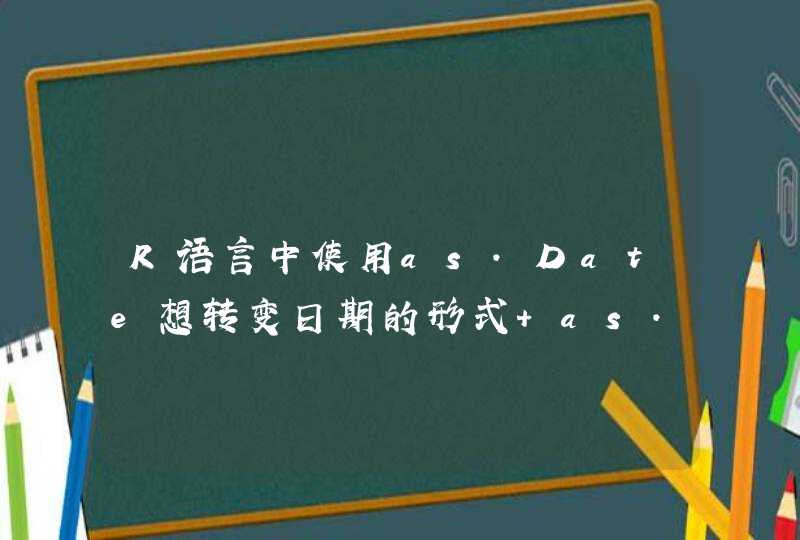
struct s_node
{
int data
struct s_node *next
}
typedef struct s_node s_list
typedef s_list *link
link operator=NULL
link operand=NULL
link push(link stack,int value)
{
link newnode
newnode=(link) malloc(sizeof(s_list))
if(!newnode)
{
printf("\nMemory allocation failure!!!")
return NULL
}
newnode->data=value
newnode->next=stack
stack=newnode
return stack
}
link pop(link stack,int *value)
{
link top
if(stack !=NULL)
{
top=stack
stack=stack->next
*value=top->data
free(top)
return stack
}
else
*value=-1
}
int empty(link stack)
{
if(stack==NULL)
return 1
else
return 0
}
int is_operator(char operator)
{
switch (operator)
{
case '+': case '-': case '*': case '/': return 1
default:return 0
}
}
int priority(char operator)
{
switch(operator)
{
case '+': case '-' : return 1
case '*': case '/' : return 2
default: return 0
}
}
int two_result(int operator,int operand1,int operand2)
{
switch(operator)
{
case '+':return(operand2+operand1)
case '-':return(operand2-operand1)
case '*':return(operand2*operand1)
case '/':return(operand2/operand1)
}
}
void main()
{
char expression[50]
int position=0
int op=0
int operand1=0
int operand2=0
int evaluate=0
printf("\nPlease input the inorder expression:")
gets(expression)
while(expression[position]!='\0'&&expression[position]!='\n')
{
if(is_operator(expression[position]))
{
if(!empty(operator))
while(priority(expression[position])<= priority(operator->data)&&
!empty(operator))
{
operand=pop(operand,&operand1)
operand=pop(operand,&operand2)
operator=pop(operator,&op)
operand=push(operand,two_result(op,operand1,operand2))
}
operator=push(operator,expression[position])
}
else
operand=push(operand,expression[position]-48)
position++
}
while(!empty(operator))
{
operator=pop(operator,&op)
operand=pop(operand,&operand1)
operand=pop(operand,&operand2)
operand=push(operand,two_result(op,operand1,operand2))
}
operand=pop(operand,&evaluate)
printf("The expression [%s] result is '%d' ",expression,evaluate)
getch()
}
1
首先,得从网上下载并安装c++,然后从桌面找到并打开它。
2
四则运算+ - * / 可以用if语句或switch语句实现。两者均用于判断。
if语句运用较广,switch语句运用较为简单方便。
END
用if语句
1
下面先介绍用if语句实现四则运算的方法。
2
#include "stdafx.h"
int main(int argc, char* argv[])
{
float x
float y
char r
scanf("%f%c%f",&x,&r,&y)
if(r=='+') printf("x+y=%f\n",x+y)
else if(r=='-') printf("x-y=%f\n",x-y)
else if(r=='*') printf("x*y=%f\n",x*y)
else if(r=='/') printf("x/y=%f\n",x/y)
else printf("input error\n")
return 0
}
3
输入完毕,进行【全部重建】,然后就可以运行了。
在运行框输入你想要进行的运算,例如想计算 2*5 的值,你只需在运行框直接输入 2*5 ,然后按【enter】键,结果就出来啦。
4
因为每次进行计算都要重新运行,很麻烦,我们可以加入循环语句。
5
#include "stdafx.h"
int main(int argc, char* argv[])
{
float x
float y
char r
printf("请输入如 1+2 的格式\n")
scanf("%f%c%f",&x,&r,&y)
for()
{
if(r=='+') printf("x+y=%f\n",x+y)
else if(r=='-') printf("x-y=%f\n",x-y)
else if(r=='*') printf("x*y=%f\n",x*y)
else if(r=='/') printf("x/y=%f\n",x/y)
else printf("input error\n")
printf("请输入如 1+2 的格式\n")
scanf("%f%c%f",&x,&r,&y)
}
return 0
}
6
加入循环之后,我们不用退出再次运行,我们可以在运行框连续输入,非常方便。
END
用switch语句
1
这次是使用switch语句,可达到同样的目的。
2
#include "stdafx.h"
int main(int argc, char* argv[])
{
float x
float y
char r
printf("请输入如 1+2 的格式\n")
scanf("%f%c%f",&x,&r,&y)
switch(r)
{
case '+': printf("x+y=%f\n",x+y)break
case '-': printf("x-y=%f\n",x-y)break
case '*': printf("x*y=%f\n",x*y)break
case '/': printf("x/y=%f\n",x/y)break
default:printf("input error\n")
}
return 0
}
3
输入表达式完毕后,进行【全部重建】,然后就可以运行了。
在运行框输入你想要进行的运算,例如想计算 8/7 的值,你只需在运行框直接输入 8/7 ,然后按【enter】键,结果就出来啦。
4
switch语句也可如if语句一般,加入循环,可进行连续输入。
5
#include "stdafx.h"
int main(int argc, char* argv[])
{
float x
float y
char r
printf("请输入如 1+2 的格式\n")
scanf("%f%c%f",&x,&r,&y)
for()
{
switch(r)
{
case '+': printf("x+y=%f\n",x+y)break
case '-': printf("x-y=%f\n",x-y)break
case '*': printf("x*y=%f\n",x*y)break
case '/': printf("x/y=%f\n",x/y)break
default:printf("input error\n")
}
printf("请输入如 1+2 的格式\n")
scanf("%f%c%f",&x,&r,&y)
}
return 0
}
END





































































